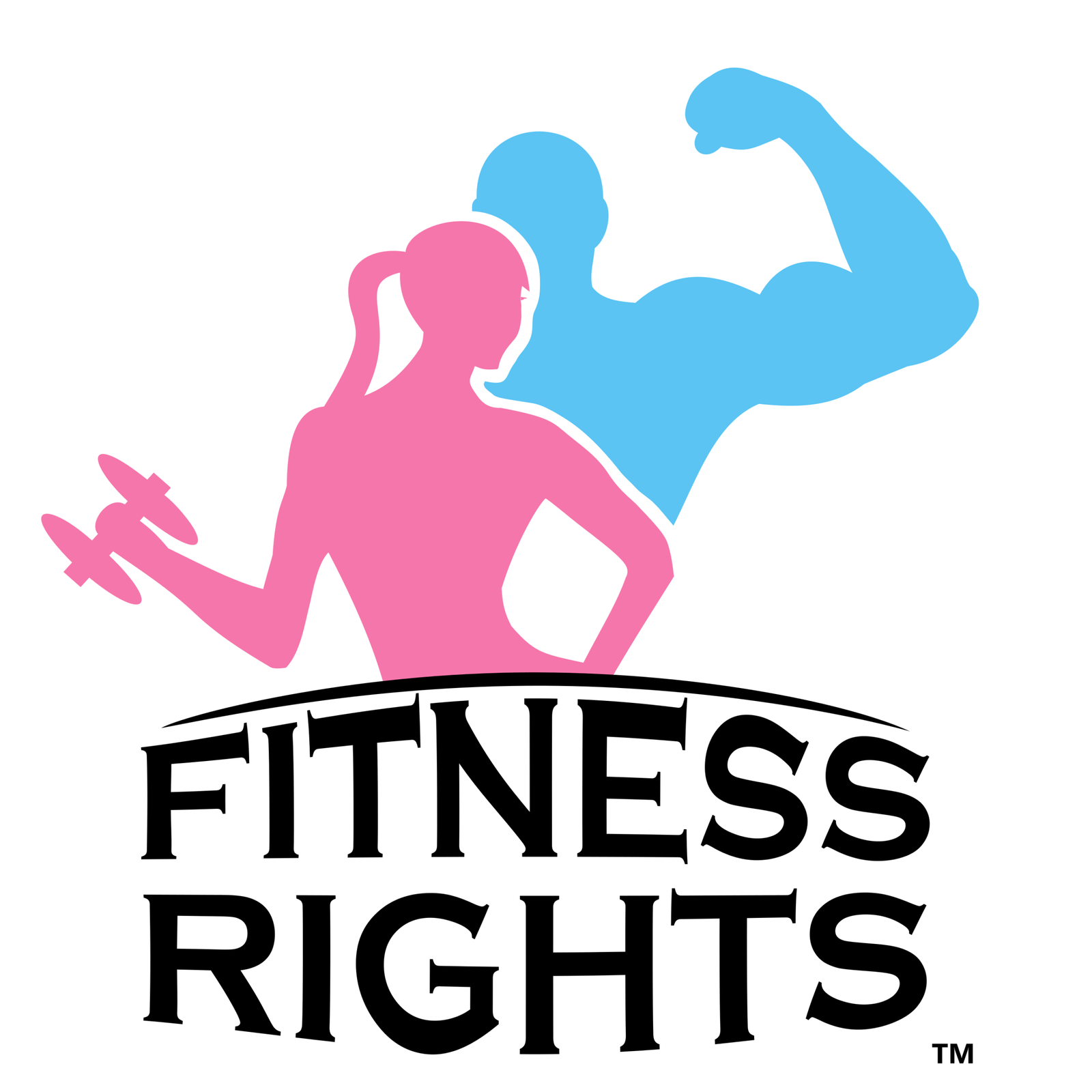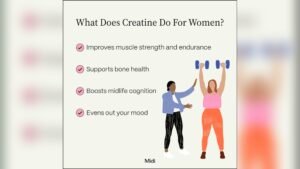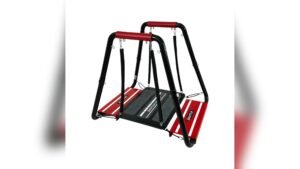Are you navigating the changes that come with menopause and wondering if there’s a way to support your strength, energy, and overall health? You might have heard about creatine as a popular supplement for athletes, but is it something that can actually benefit you as a post-menopausal woman?
The idea of adding a new supplement to your routine can feel overwhelming, especially when it comes to hormone health and muscle loss after menopause. But what if creatine could help you maintain muscle, boost your mood, and support your body during this transition?
Keep reading to discover how creatine works for post-menopausal women, what the science says, and whether it might be a good fit for your health goals.

Credit: www.tandfonline.com
Table of Contents
ToggleCreatine And Hormones
Creatine plays a role beyond muscle health. It interacts with hormones that affect women’s bodies, especially after menopause. Hormonal changes in postmenopausal women influence energy, mood, and muscle strength. Understanding creatine’s effects on key hormones like estrogen and progesterone helps clarify its benefits. Creatine may support women through these hormonal shifts.
Effects On Estrogen And Progesterone
Estrogen and progesterone levels drop significantly after menopause. This drop causes muscle loss and lower energy. Creatine does not reduce these hormone levels. Research shows creatine may help maintain muscle mass despite lower estrogen. It supports energy production in muscle cells, which estrogen normally helps regulate. Progesterone’s influence on mood and sleep might also benefit indirectly from creatine’s energy support.
Support During Hormonal Shifts
Hormonal shifts cause fatigue, mood swings, and muscle weakness. Creatine supports energy metabolism in the brain and muscles. This support helps reduce fatigue and improve mood stability. It may also improve cognitive function affected by hormone changes. Combined with exercise, creatine helps preserve muscle strength in postmenopausal women. Creatine acts as a helpful aid during these natural hormone transitions.
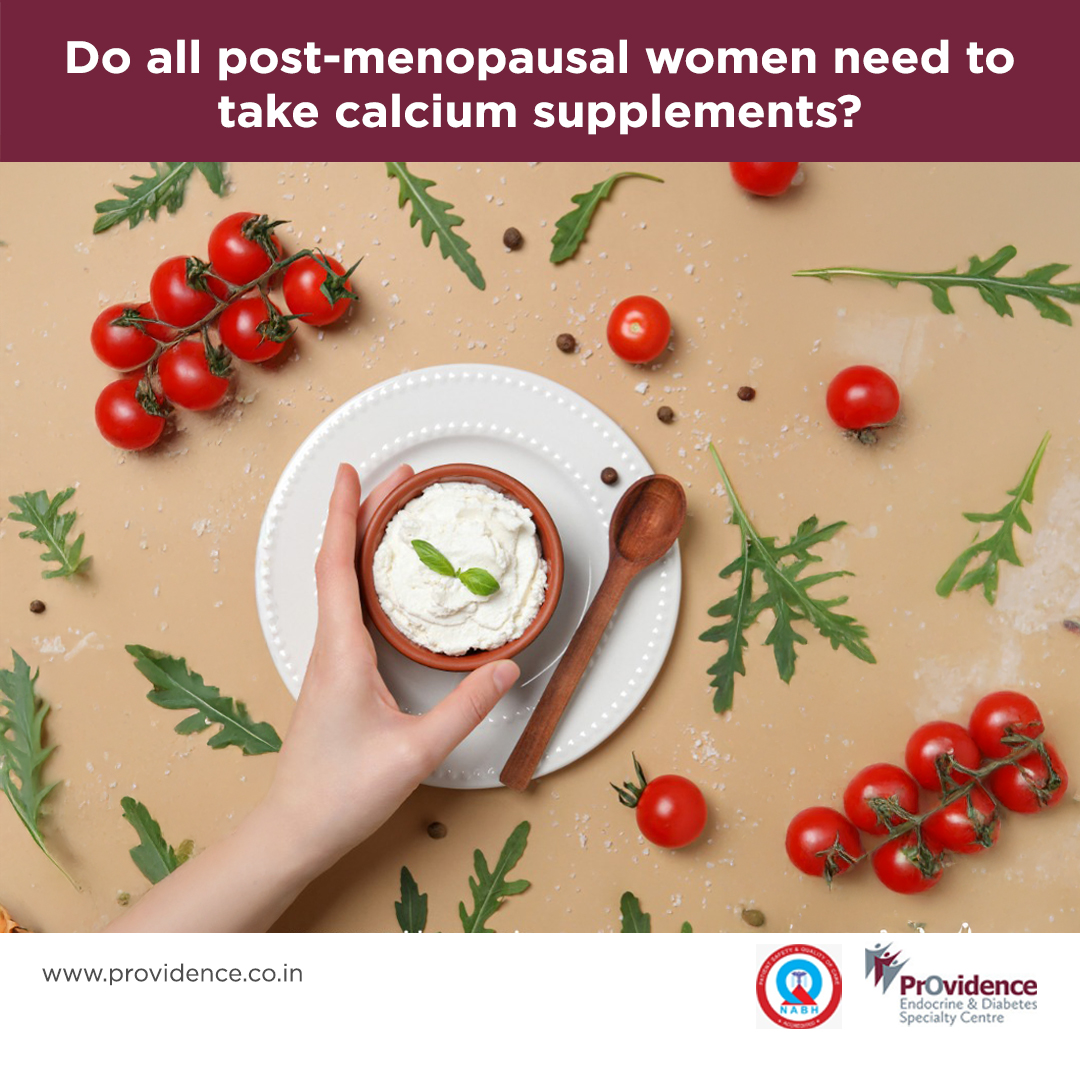
Credit: www.providence.co.in
Muscle Health After Menopause
Muscle health changes significantly after menopause. The drop in estrogen levels leads to muscle loss and weakness. This change affects mobility and daily activities. Maintaining muscle strength becomes crucial for overall health and independence.
Creatine is a popular supplement known for supporting muscle growth. It may also benefit postmenopausal women by improving muscle strength and mass. Understanding its role can help women make informed decisions about their health.
Combatting Muscle Loss
Muscle loss, or sarcopenia, speeds up after menopause. Lower estrogen reduces muscle protein synthesis. Creatine helps by providing extra energy to muscle cells. This energy supports muscle repair and growth. Studies show creatine can slow down muscle loss in older adults. It helps maintain muscle size and function. This effect is vital for postmenopausal women to stay active and healthy.
Benefits With Strength Training
Strength training boosts muscle mass and bone density. Creatine enhances the benefits of strength training. It increases energy for more intense workouts. This leads to better muscle gains and improved strength. Combining creatine with resistance exercise shows greater improvements than exercise alone. Postmenopausal women can gain more muscle and strength this way. It also improves balance and reduces fall risk.
Cognitive And Mood Benefits
Creatine is not just for muscles. It also helps the brain and mood. Post menopausal women can see benefits beyond physical strength. As hormone levels change, mood swings and memory issues may appear. Creatine may support better brain health and emotional balance.
Mood Stabilization
Creatine helps regulate brain energy. This can lead to steadier moods. Some studies show creatine reduces feelings of fatigue and depression. It may protect against mood swings common after menopause. A balanced mood improves daily life and overall well-being.
Enhancing Cognitive Function
Creatine supports brain cells with energy. This boosts memory and thinking skills. Post menopausal women often face slower cognitive function. Creatine can help keep the mind sharp and alert. It may improve focus and mental clarity. These effects help maintain independence and quality of life.
Metabolic And Reproductive Health
Metabolic and reproductive health are crucial concerns for postmenopausal women. During menopause, hormonal changes affect metabolism and reproductive functions. These shifts can lead to insulin resistance and other metabolic issues. Creatine supplementation may offer benefits in managing these changes. It supports energy production and cellular health, which are important during this phase of life.
Improved Insulin Sensitivity
Creatine may help improve insulin sensitivity in postmenopausal women. Insulin resistance often increases after menopause, raising the risk of type 2 diabetes. Studies show creatine supports glucose metabolism and helps cells use insulin more efficiently. This effect can lower blood sugar levels and reduce diabetes risk. Combined with exercise, creatine boosts muscle energy and insulin response.
Impact On Reproductive Disorders
Creatine may also influence reproductive health beyond menopause. Some research links higher creatine intake to fewer reproductive disorders. Conditions like polycystic ovary syndrome (PCOS) may improve with creatine supplementation. PCOS involves insulin resistance and hormonal imbalance, which creatine can help regulate. Though menopause ends natural fertility, creatine supports hormonal balance and mood stability in postmenopausal women.
Safety And Precautions
Safety is a key concern for postmenopausal women considering creatine. Understanding precautions helps avoid unwanted effects. This section explains who should avoid creatine, hydration needs, and the importance of medical advice.
Who Should Avoid Creatine
Women with kidney disease should not take creatine. It may worsen kidney function. People with bipolar disorder might experience mood swings. Creatine could trigger mania. Pregnant or breastfeeding women should avoid creatine. Their bodies need extra caution. Always check personal health conditions before starting supplements.
Hydration And Side Effects
Creatine can cause water retention in muscles. This makes hydration very important. Drinking enough water reduces risks of cramps or dehydration. Some users may feel stomach discomfort or nausea. These side effects usually fade with time. Monitor your body’s response and adjust intake accordingly.
Consulting Healthcare Providers
Speak to a doctor before using creatine. Healthcare providers can assess your health status. They help decide if creatine is safe for you. Mention any medications or chronic conditions. Professional advice ensures safe and effective supplement use. Never start creatine without medical guidance.
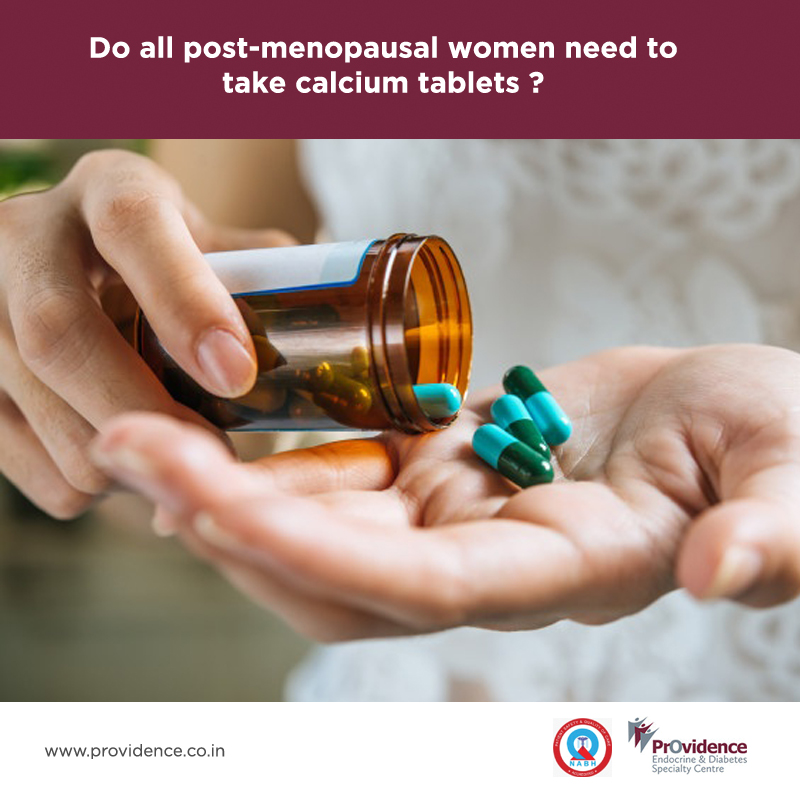
Credit: www.providence.co.in
Dosage And Usage Tips
Proper dosage and usage of creatine matter for postmenopausal women. Correct intake helps maximize benefits and reduce risks. Understanding the right amounts and how to pair creatine with exercise can improve muscle health and energy levels.
Recommended Dosage For Postmenopausal Women
Postmenopausal women should start with a low dose of creatine. A daily dose of 3 to 5 grams is generally safe and effective. Taking creatine consistently every day helps maintain muscle strength and supports bone health. Avoid loading phases, which can cause stomach upset. Drink plenty of water to help the body process creatine better.
Combining Creatine With Exercise
Creatine works best alongside regular exercise. Strength training or resistance exercises boost muscle gains and bone density. Taking creatine before or after workouts may improve recovery and energy. A balanced routine including walking or yoga also supports overall health. Consistency in exercise and creatine use leads to better results over time.
Frequently Asked Questions
Who Should Avoid Taking Creatine?
People with kidney disease or bipolar disorder should avoid creatine. Pregnant or breastfeeding women should consult a doctor first.
What Does Creatine Do To Female Hormones?
Creatine does not harm female hormones like estrogen or progesterone. It may improve energy, mood, and insulin sensitivity during hormonal changes.
Should Over 50s Take Creatine?
Creatine can benefit over 50s by supporting muscle mass, strength, and cognitive function. Consult a doctor before use, especially with kidney issues.
Does Menopause Affect Creatinine?
Menopause may slightly affect creatinine levels due to muscle mass changes. Estrogen decline can reduce muscle, altering creatinine. Regular monitoring helps track kidney health during menopause.
Conclusion
Creatine may support muscle strength and energy in postmenopausal women. It can help reduce muscle loss linked to lower estrogen levels. Combining creatine with regular exercise boosts its benefits. Staying hydrated is important when taking creatine. Always check with a healthcare provider before starting supplements.
Creatine is not for everyone, especially those with kidney issues. Overall, creatine can be a helpful addition to health routines after menopause.
Related posts:
- Benefits of Using Hmb Long-Term for Preventing Age-Related Muscle Loss: Proven Strategies
- Guide to Stacking Hmb With Vitamin D for Older Adult Muscle Health: Boost Strength Safely
- How Does Hmb Supplements Specifically Aid Muscle Repair in Seniors? Proven Benefits
- Grass-Fed Hydrolyzed Collagen Powder for Weightlifting Joint Pain Reviews
